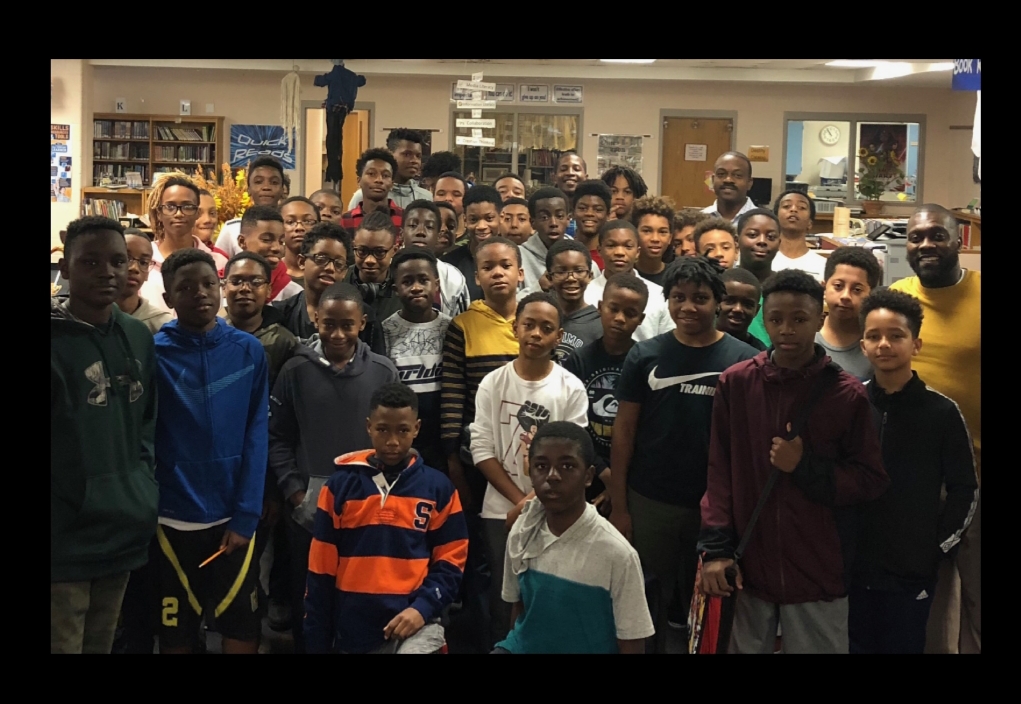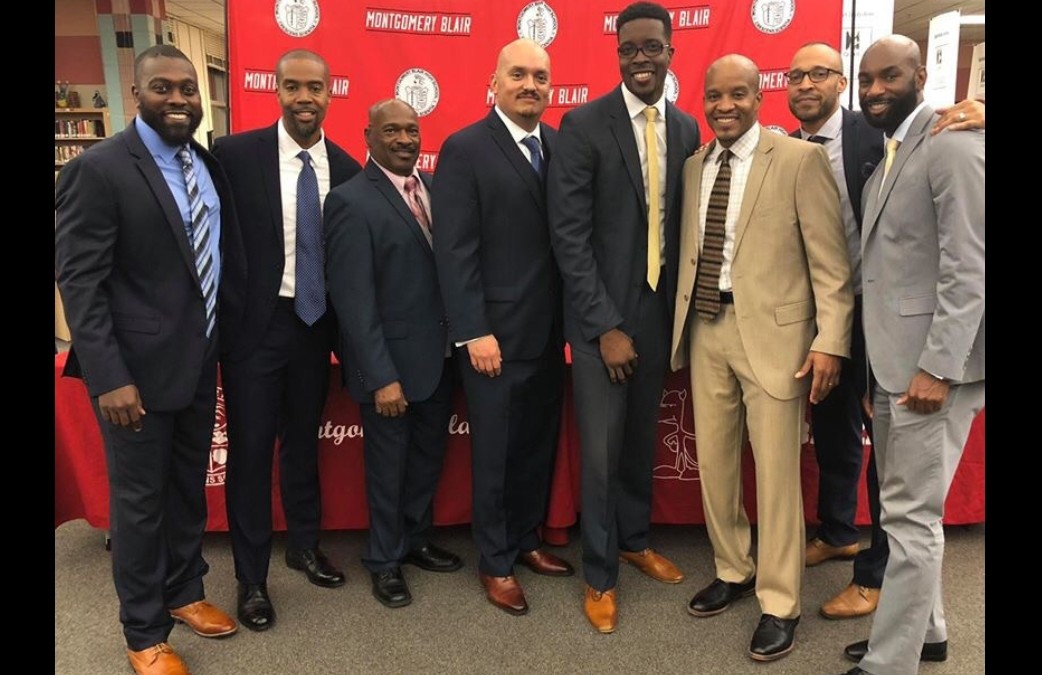
The BOND White Paper
November 2, 2018
Boss’d Up! Leading a Brotherhood of Super Stars
December 12, 2018Recently, Julius Davis and I wrote an article about the experiences of African teachers who came to the U.S. to become teachers. We wanted to find out, in part, why they remained in their current school districts. Our conceptual lens was Palmer, Wood, and Arroyo’s retention model for Black men at HBCUs. Palmer et al.’s model centered on four keys to retention: academic validation, interpersonal validation, development of meaningful relationships, and a culture of engagement.
Each of the men we interviewed described how their current district provided each of the four supports in an effective fashion, and the men planned to remain with the district for the foreseeable future. Palmer et al.’s model certainly aligned with their personal stories. Reflecting on the teachers’ stories sparked my thinking about why I stay in my own district. Do I feel the academic and interpersonal validation? Do I experience a culture of engagement and meaningful relationships?
I definitely experience academic validation in Montgomery County Public Schools. People in my building, school community, central office, and BOND brotherhood express confidence in my knowledge and skills as an emerging school leader. MCPS places all school leaders in a leadership development program, which provides differentiated professional learning opportunities for all administrators. In some districts, people might scoff at my desire to one day lead a school district. Here, I am allowed to attend meetings designed to develop district leaders.
I receive multiple layers of interpersonal validation. For instance, I have mentors in other schools, central office, my building, and BOND. I have a whole team of people who are committed to my personal and professional growth.
Having held multiple building and district-level positions over the years, I have cultivated meaningful relationships with scores of colleagues. There are 23,000 employees in MCPS, but, sometimes, it feels like a small village. Everywhere I go in the district, I come across somebody that I hug or embrace with a handshake.
The fourth support in Palmer et al.’s model is targeted programming toward male educators of color (MEOCs). We did not have that in MCPS, so some of us created the BOND Project. We rely on each other to help each of us navigate the visible and invisible aspects of the district, irrespective of the aspects’ connections to race. We are growing our goals, membership, and alliances. Still, BOND feels like family. I cannot wait to see it scale up.
Upon reflection, Palmer et al.’s model of retention explains what undergirds my level of satisfaction in MCPS. I plan to be here for a while. Now, I have a greater sense about why.
References:
Palmer, R.T., Wood, J., L. and Arroyo, A. (2015), “Toward a model of retention and persistence for black men at historically black colleges and universities (HBCUs”), Spectrum: A Journal on Black Men, Vol. 4 No. 1, pp. 5-20.





